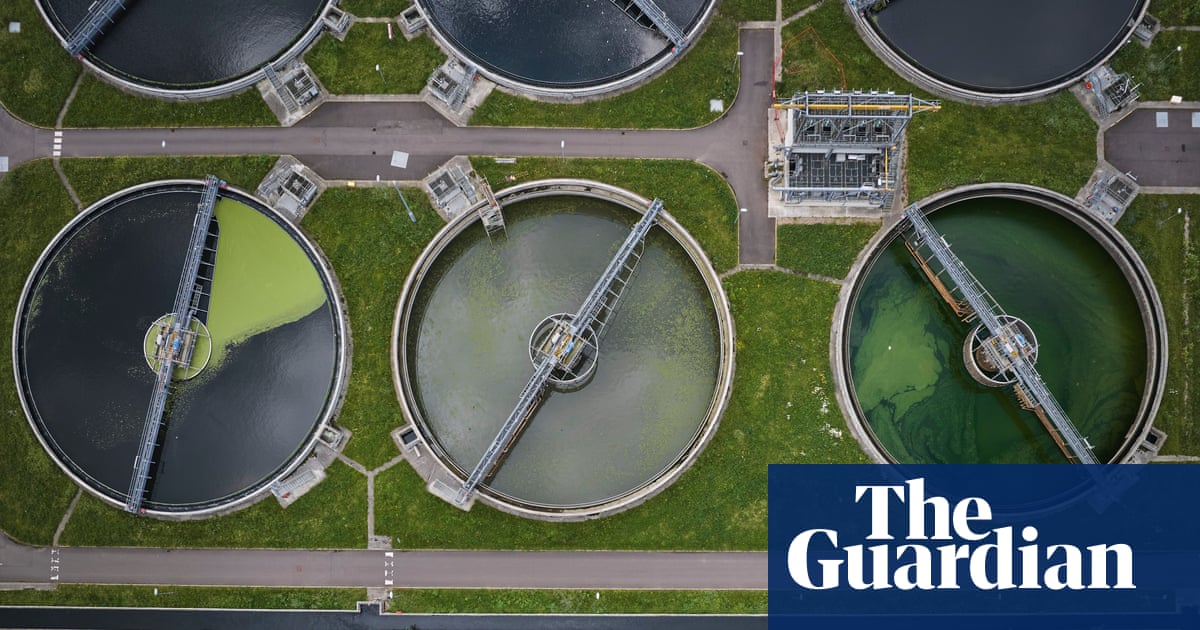Homes with big gardens or swimming pools in England and Wales could pay more for their water usage, under proposals set out by providers in their submission to a wider review of the sector.
Water UK, an industry body that represents 16 water and sewage companies in England and Wales, will call for water metering to be made compulsory and an overhaul in how household bills are calculated.
Water meters are currently only mandatory in areas that are considered “water-stressed” by the official regulator, the Environment Agency, and households pay a fixed standing charge regardless of whether they have a meter. It means that bills do not align completely with levels of water consumption.
However, Water UK will call on the government to introduce new legislation that will allow water companies to implement “block tariffs”, with the unit price of water higher for households that consume more.
It is one of many recommendations in a 180-page document submitted to the review into the sector by the Independent Water Commission, a body set up by the government last October and led by the former deputy governor of the Bank of England Sir Jon Cunliffe.
The review is examining how to rebuild trust in the water industry, amid growing public anger in recent years over huge sums of money made by water bosses even as supplies have dwindled and sewage spills into rivers have risen. The deadline for submissions for the review closes on Wednesday, with final conclusions expected to be released in June.
The water meter proposal, first reported by the Financial Times, would mean that households with swimming pools or big gardens pay more for their water while others pay less.
David Henderson, the chief executive of Water UK, said that while 40% of people in England do not have a water meter, that had been established on the “expectation that there will always be sufficient water for people to use however they liked. But as we see with population growth and climate change, that assumption is no longer true.
“We think it is much fairer that people pay for the water they use based on how much they use, with full protection in place for those who have a genuine need for additional use of water above the average.”
Henderson added that a regulatory system that has prioritised low household bills has also delayed development of vital infrastructure in the water sector.
“Bill rises are never welcome but as a result of bills falling in real terms since 2010 up until this month, we have had much less investment than we needed,” he said.
after newsletter promotion
Water UK will also argue that the roles between the three industry regulators, Ofwat, the Environment Agency and the Drinking Water Inspectorate, should be better demarcated.
Ofwat said in a statement to the FT that it was “already working with the industry, investors, consumer and environmental groups to drive changes to deliver a sustainable water sector”.
The Department for Environment, Food and Rural Affairs said: “We are committed to taking decisive action to fix the water industry. We have already delivered on our promise to put water companies under tough special measures through our landmark Water Act, introducing new powers to ban the payment of bonuses to polluting water bosses and bring tougher criminal charges against them if they break the law.
“The Water Commission’s recommendations will mark the next major step in shaping future legislation.”

 4 hours ago
7
4 hours ago
7













































